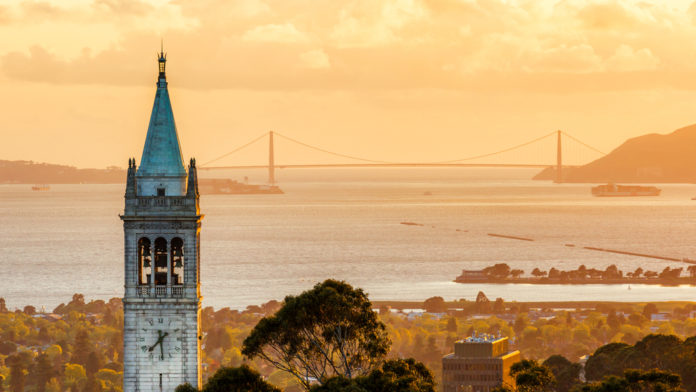Berkeley cannabis consumers are betting a tax break.
The city has announced a decision to lower the local sales tax on recreational cannabis sales from 10 percent to 5 percent. Officials hope this can deter consumers from purchasing cannabis on the black market. As we reported earlier this week, the novelty of legal cannabis sales seems to be wearing off as consumers are turned off to excessive taxes.
“I think the sticker shock has been the issue for all of us really,” said Sabrina Fendrick of Berkeley Patients Group, according to CBS.
Fendrick is concerned that dispensaries will lose out to the black market and that the work the cannabis industry has been doing to build a sustainable market could be compromised.
“Everybody wants to generate revenue, we all want to serve our communities, but if everyone is going to the illicit market then nobody is generating revenue and nobody is being helped,” said Fendrick.
Local taxes are only one part of the equation. Recreational cannabis consumers have to pay a state excise tax, a cultivation tax, sales tax, and city taxes. This results in consumers paying 35 percent to 45 percent in taxes in some cities.
“A 35% tax is pretty excessive for anything,” said cannabis consumer Robert Fracisco, referring to the overall taxes on cannabis.
Berkeley customers will now pay 30 percent in taxes at local dispensaries.
“The taxes I think are what’s driving people not to come to the club anymore,” said Fracisco. “I know a lot of my friends who used to come to the clubs are going back to the black market.”
There is also a bill being considered in Sacramento to lower the state excise tax from 15 percent to 11 percent.
Concerns over black market sales are especially prevalent in California where there has been a culture of cannabis cultivation for generations. Growers have fine-tuned their methods and are able to produce a consistent supply. Many growers have been forced to revert back to the black market after supplying medical dispensaries for years as the state has been slow to license enough growers to meet demand.











